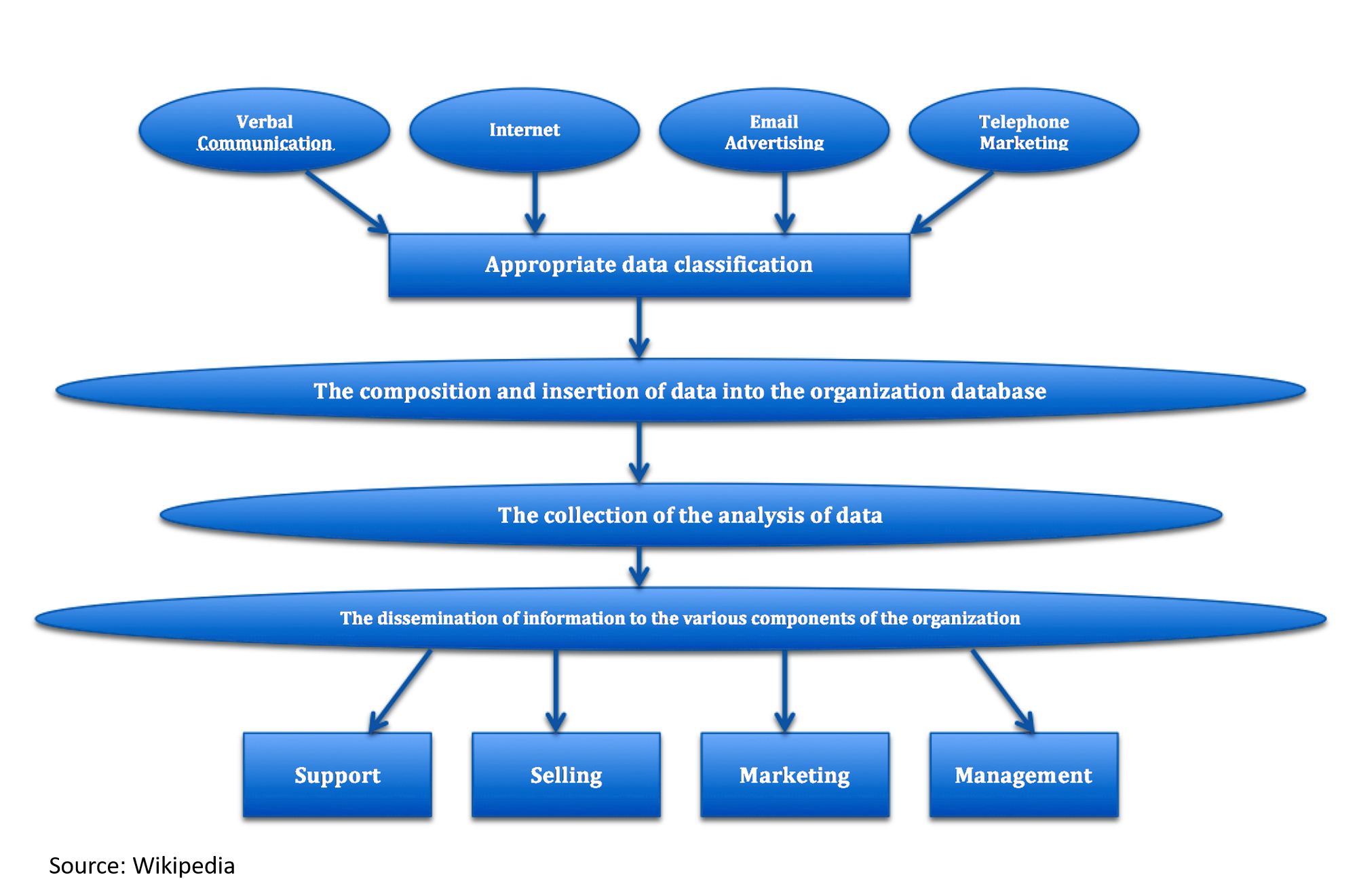by Rick Baker
On Dec 5, 2016
Most small businesses want to gain advantage over their competitors.
Most small businesses want more sales.
Most small businesses want to keep track of their operating activity.
And - the operations of most small businesses become far more complicated than outsiders [and most insiders] would have guessed or expected…and much of that complication is unnecessary. Considering this from another perspective, most small businesses do not perform basic planning activities such as SWOT analyses and 80/20 Rule analyses.
Consequently, most small businesses struggle with business development actions and business development results.
CRM to the rescue...
Well, maybe not!
Here's why [not].
There's lots of small-business talk about finding simple and user-friendly CRM tools and using those CRM tools to improve management of actions, improve monitoring of results, and grow a base of satisfied customers. Yet, relatively few of these small businesses are ready to use a CRM system. In addition to the lack of planning introduced above, there are two main reasons why they are not ready for CRM tools:
- they cannot [clearly and concisely] describe their existing operating actions
- they lack knowledge about CRM tools, in some cases they cannot even define what the abbreviation 'CRM' means
So - let's start by defining CRM.
Here's the definition-picture provided by Wikipedia -

Now, that picture introduces CRM...as long as you agree "CRM" is an abbreviation of "Customer Relationship Management". And, for now, let's work from that base, CRM = Customer Relationship Management. If we accept "CRM" means "Customer Relationship Management" then we should also be able to agree CRM tools/systems do not include business tools/systems for on-line sales/ordering or inventory-control. While CRM does not include these tools/systems, CRM may or may not link with these and other tools/systems.
More about CRM in future Thought Posts...